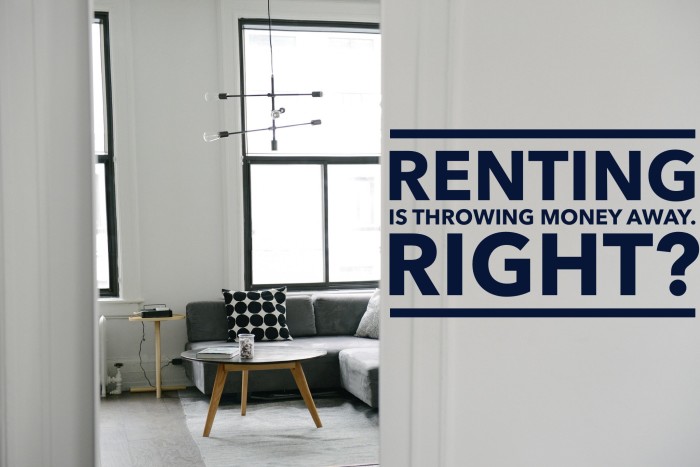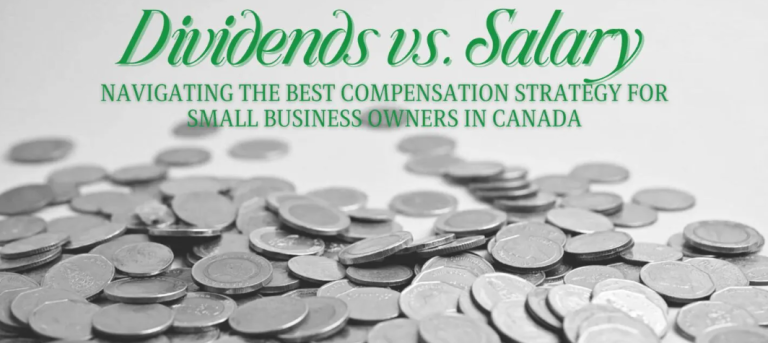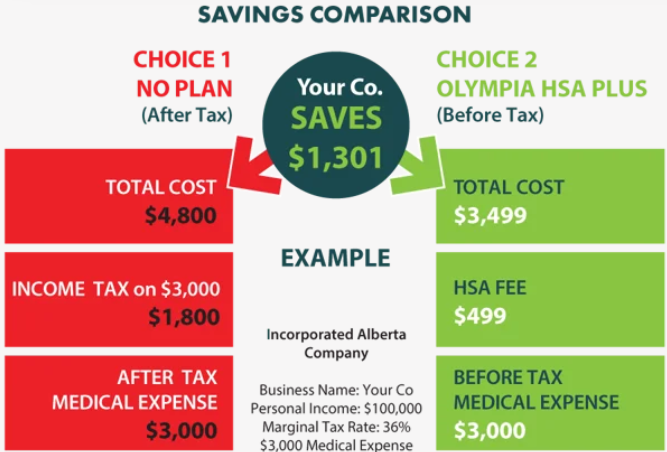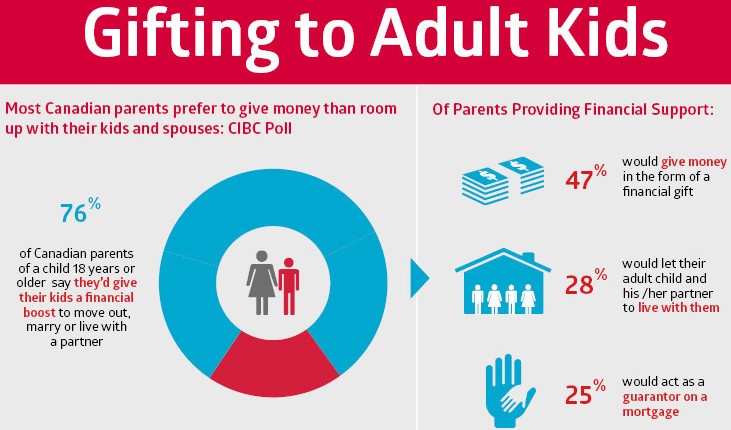I’m sure you have heard, or even said this yourself, “Renting is just throwing money away”. My guess is 99% of people (and you may be one) believe, without a doubt, that this is true in every respect. Empirically, I must agree; that appears to be true. However, from a mathematical perspective, it definitely is not. There is something else going on.
The first mistake, is simply comparing mortgage payments to rent. In virtually all areas of the country, you will pay way more in mortgage payments than in rent; that is, if you were to buy the same or virtually the same, property as you are renting. If you are renting a condo and wanted to buy that exact same condo, the mortgage payments, along with strata fees, property taxes, maintenance such as replacing appliances etc over time, would cost much more, than you would on rent. Not a little bit more, much more. Sure, rent on a 1 bedroom condo in downtown Vancouver could easily cost $2,000 / month or even more. To buy that exact same condo however, would cost you closer to $3,500 / month quite easily, if you factor in all costs. As well, especially with a condo, you carry the risk of having a “special assessment” of some kind. For you condo owners out there, you know what I mean. I’ve seen that cost over $100,000, for every single condo in a building. This has been a blight on condo ownership in years past on the Wet Coast. More commonly though, a special assessment is several thousand dollars to fix a problem that affects the entire building. So, let’s not do psychological accounting here. Make apples to apples cost comparisons when making a renting vs owning assessment.
Yes, rent is simply going to your landlord. You pay it and it’s gone. No future benefit. Property ownership though, has the same “unrecoverable costs”. These are costs that you face continually and do nothing to supplement the value of your property. Replacement of appliances? Yes, much nicer than the old ones however, they are simply consumables. They wear out and have to be replaced. No real increase in value to you. Roof replacement? Same. It depreciates over time. Paint? Unrecoverable. That special assessment on a condo? It’s just to fix a default in the property. Although there may be some value added to your “investment”, probably not near what that expense has cost you.
The difference in the equation, in this “rent is wasting money” belief, relates to what many renters typically do, like any of us, with free cash flow. We enjoy it. Unless you actually have a plan in place, by steering money to something other than consumption, like dinners, nicer cars, holidays away etc., that money is in fact, wasted. The rent isn’t the source of the waste, you are.
The real difference with the renter vs the owner, is the renter is often living a freewheeling life in regards to spendable income; much more so than with a home owner. A homeowner is forced to pay costs related to their home, all of which a renter doesn’t need to pay. Thus, the homeowner is squeezing themselves financially for the belief (rightfully so), that their home purchase will pay off in the long term. That eventual payoff is enhanced greatly with the leverage you can apply to buying an appreciating asset, like a home (leverage is a whole other topic).
So, the reality is, there is no simple truth that “renting is a throwing money away”; that one form of home occupancy (renting)is an inferior wealth creator than another form of home occupancy (owning). This all comes down to financial discipline; what you do with your cash flow.
I do want to be clear, though. I am not against home ownership. Far from it. In fact, I am a strong advocate of homeownership. I’ve often had clients ask me, especially after owning their home for many years, if it could make sense to rent during their retirement and use the money to create an income for themselves. I’ve always said, no. As long as you live, you have to live somewhere. This need is there for your entire life so, why not own that appreciating asset. An asset that you can leverage and compound tax free wealth until the end of your days.
The majority of people in Canada have in fact, created much of their wealth without much thinking. They bought a home, went through the struggle of paying for it and watched it appreciate handsomely over the long term. It was the discipline, through good times and bad, to own a healthily appreciating asset, that was leveraged. The wealthiest people I know however, didn’t create their top tier wealth by owning a home or a handful of properties. They own pieces of businesses (or a whole business) that has compounded wealth at a much higher rate of return than what could be done through property ownership alone (although they also own real estate, too).
So, for you, as a renter, the question is, do you have the discipline to create wealth another way? Do you have the discipline to force yourself to redirect your cash flow, the difference between your rent vs what you would pay in mortgage payments et al to own a home, so another form of investment? That is the start and continuing truth of the matter and the determination of how well you do.
Whether you choose to own or rent is frankly, irrelevant. The flaw isn’t in the path you choose but rather, in your intentions and discipline to stick to a plan, by allocate your ongoing cash flow, thoughtfully, prudently and with discipline. It is that last principle that should never be underestimated, which determines success, not only in wealth creation but in every aspect of your life.






